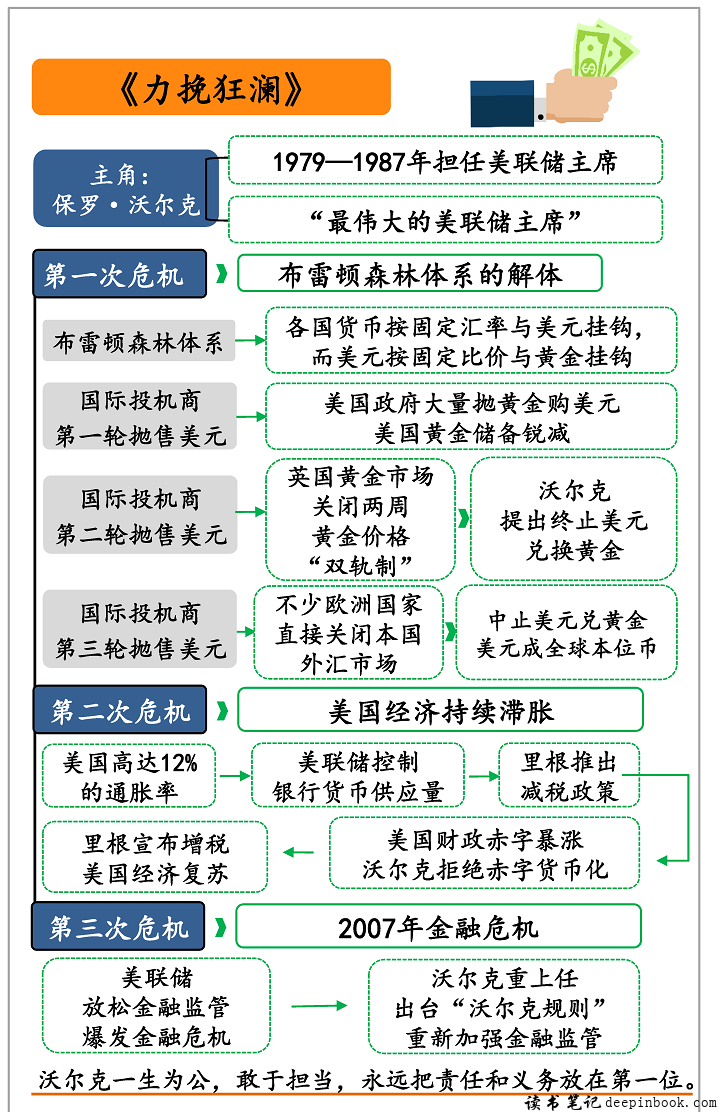

The chapter describes the coordination failures at Bretton Woods, which identified the three key challenges that subsequent efforts sought to address: asymmetric burden of adjustment, the role of the dollar, and the ambiguity over when adjustment was necessary.

The elusive quest for exchange rate stability is the main focus of the coordination efforts discussed in this chapter. This approach allows a broader assessment of the landscape of coordination, the continuity in motivation, and the impact of informal rather than rules-based models. Unlike existing academic assessments of the outcomes of systems of coordination such as Bretton Woods, the Bonn Summit of 1978, and the Plaza and Louvre Accords in the 1980s (see, for example, Frankel, Goldstein, and Masson 1996 Holtham 1989 Putnam and Henning 1989 Tucker and Madura 1991 Bergsten and Green 2016), this chapter highlights failed attempts-initiatives that either were waylaid by events or never got off the ground-and cites private and confidential evidence from various archives that provide evidence of informal collaboration. This chapter addresses the motivations for these persistent efforts at international policy coordination in the 40 years after the seminal Bretton Woods conference in 1944. Nevertheless, there have been repeated initiatives to bring governments together to address seemingly persistent failures in the international monetary system. Moreover, when international efforts have actually resulted in attempts at economic coordination, they have shown mixed success in achieving tangible outcomes ( Eichengreen 2014). In 1984 in the wake of the sovereign debt crisis, Oudiz and Sachs (1984, 2) remarked that “advocacy of international coordination has been far more plentiful than actual implementation,” and 30 years later Ostry and Ghosh (2013, 1) noted that “examples of international macroeconomic policy coordination have been few.” It seems that little progress has been made on coordination during the past 30 years.

But examples of successful coordination are relatively scarce. (Jelle Zijlstra, president of Nederlandsche Bank, Notes on Meeting of G10 Governors at the Bank for International Settlements, March 7, 1977)Īs witnessed in the aftermath of the global financial crisis of 2008, events that expose the interdependence of national economies tend to prompt calls for greater international macroeconomic policy coordination as a way to ensure greater systemic resilience. “If you cannot keep your mouth shut, don’t come into this room.”


 0 kommentar(er)
0 kommentar(er)
